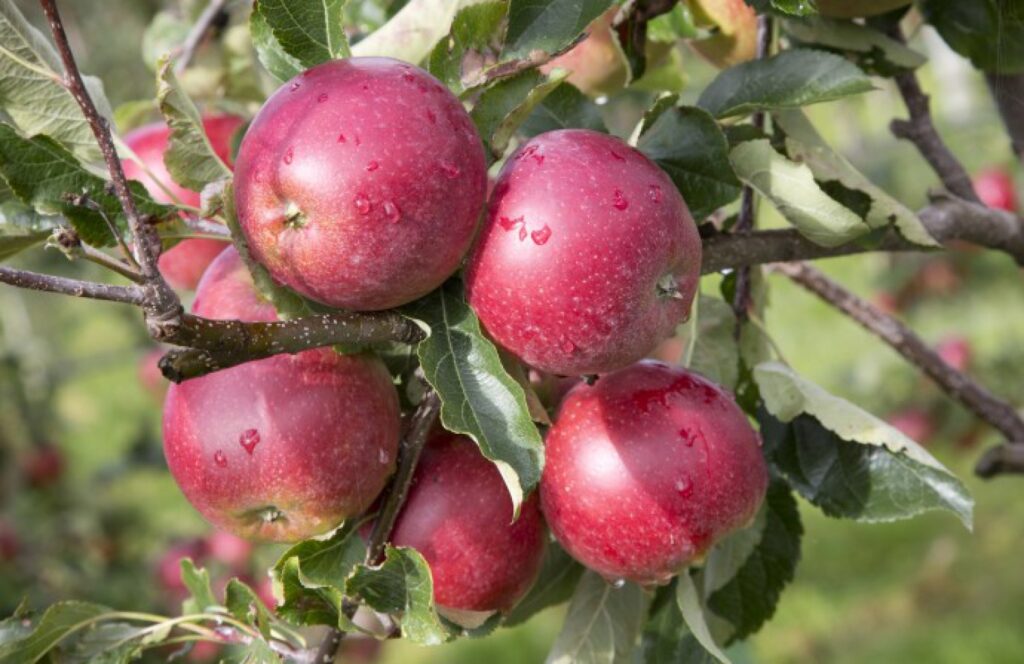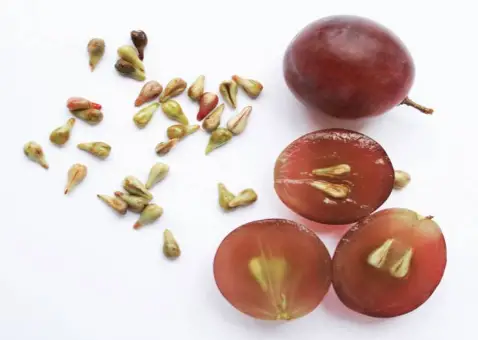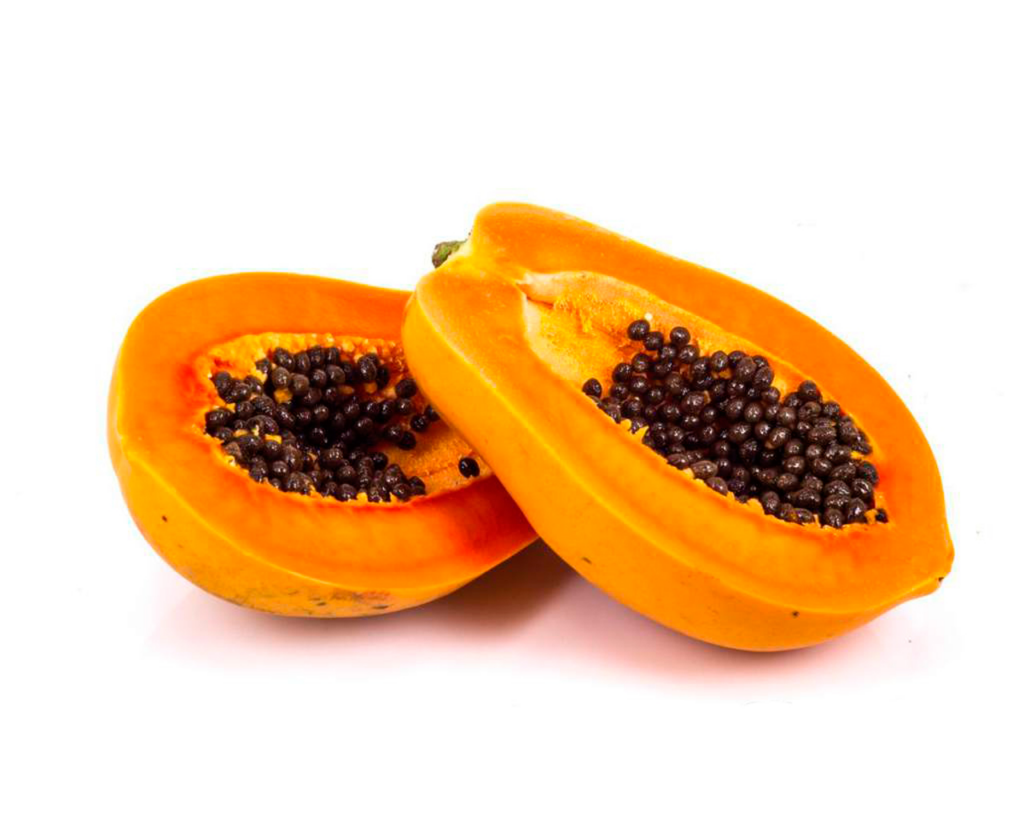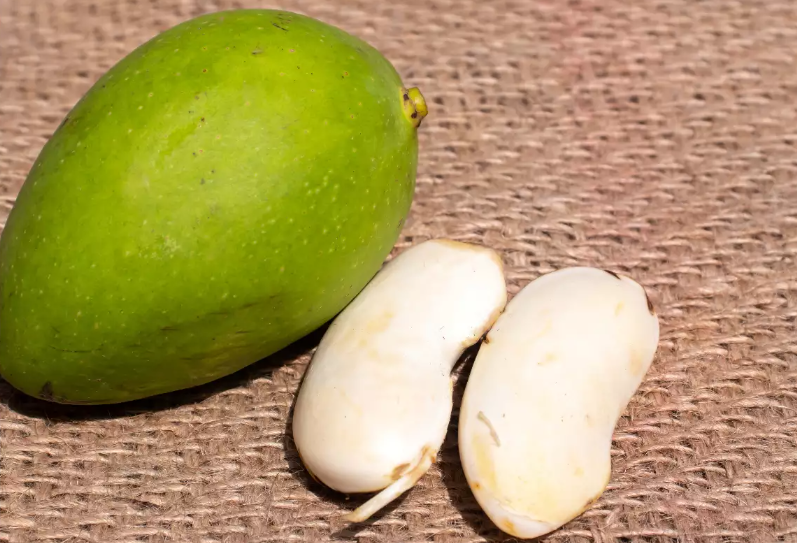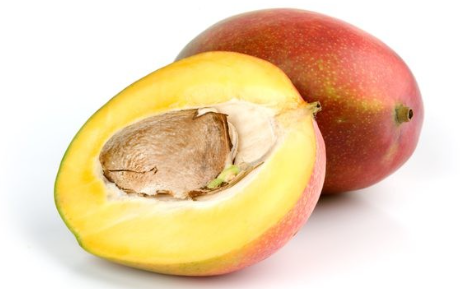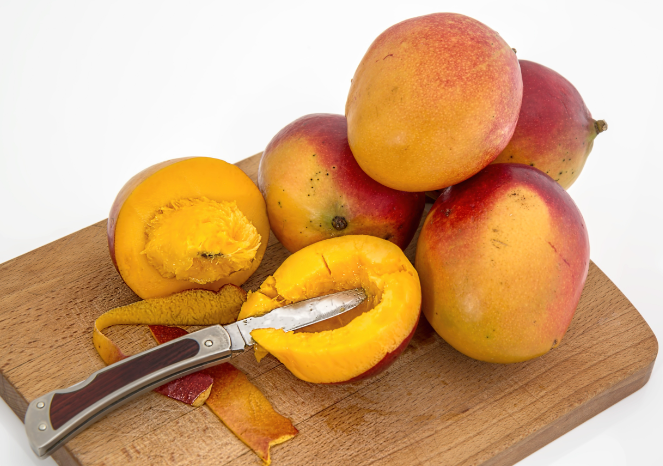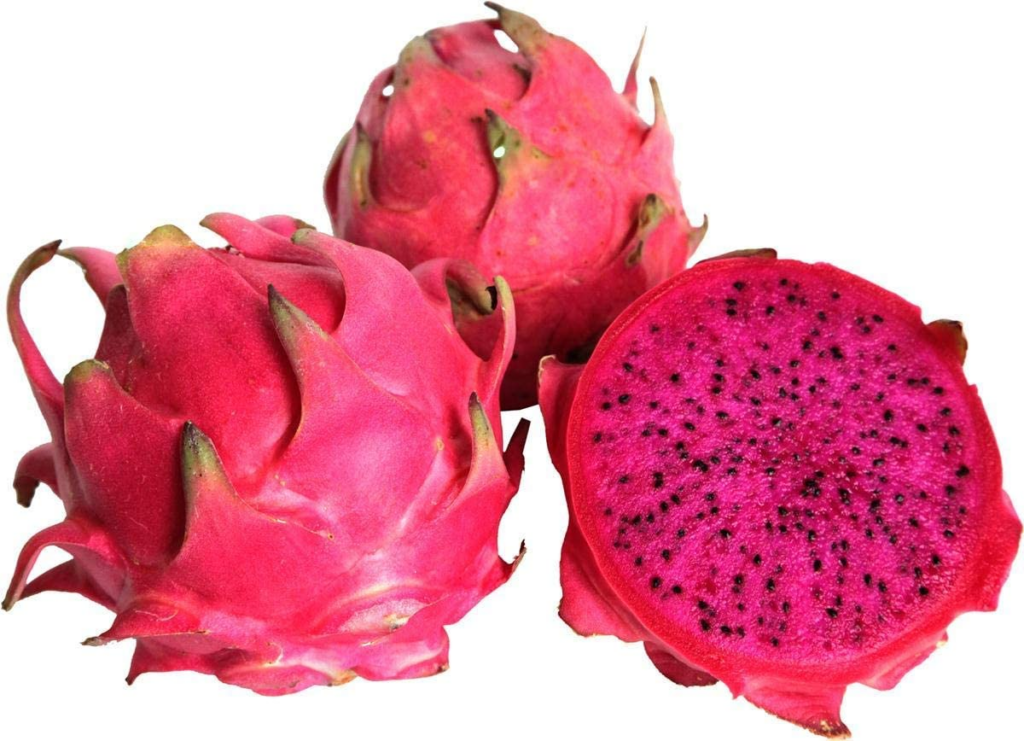Mangoes are loved by many people for their sweet taste and tropical flavor. Even though they’re delicious, unripe mangoes might not be good for your health.
Below, you’ll find 5 important reasons why you should think twice before eating an unripe mango:
Table of Contents
1. Stomach and Digestive Issues

Unripe mangoes have more of a thing called amygdalin, which can upset your stomach and lead to problems like diarrhea, throwing up, feeling sick, stomachache, and being bloated.
These mangoes are also full of fiber which might not be easy to digest. Since they don’t have enough enzymes yet to help break down all that fiber, eating too much can lead to stomach cramps, gas, and runny stools.
To stay clear of these issues, it’s better to wait until the mangoes are ripe. When they’re ripe, there’s less amygdalin and more enzymes that help digest your food comfortably.
2. Mouth and Gum Problems

Unripe mangoes have a lot of acid which can wear away the hard coating on your teeth and irritate the inside of your mouth. Eating these sour mangoes can lead to painful sores, bleeding gums, and a burning feeling in your mouth.
Over time, the acid may also damage your teeth, making them sensitive or causing cavities. To protect your teeth and gums, wait for the mangoes to get ripe and sweet. The sugar in ripe mangoes helps to balance out the acid and is kinder to your mouth.
3. Allergic Reactions

Some people might be allergic to things found in unripe mangoes, like amygdalin and a chemical called urushiol. These can cause reactions in people who are sensitive.
Signs of a mango allergy can be rashes, itching, swelling, being short of breath, and, in very serious cases, anaphylaxis. The risks depend on how sensitive you are and how much you eat.
To lower the chances of an allergic reaction, it’s best to eat mangoes only when they’re fully ripe, as they have fewer allergens. Start with small amounts and stop if you notice any allergic symptoms.
4. Missing Out on Nutrients
Unripe mangoes don’t have as many vitamins and healthy things in them as ripe ones do. For example, vitamin C is much lower in green mangoes. There’s also less vitamin A and carotenoids, which are really good for your health.
By waiting for the mangoes to ripen, you’ll get more benefits like vitamins, minerals, and antioxidants which are good for your overall health. Don’t miss out by eating them too soon.
5. Choking Risk
Raw mangoes can be pretty tough and stringy, making them not just hard to chew but also a potential choking hazard, particularly for little ones. Because they’re difficult to chew properly, people can choke on chunks that block the airway.
This situation can cause coughing and trouble breathing. In the worst cases, it could even be life-threatening if the food stuck in the throat isn’t removed quickly. Kids are especially at risk because they might not chew their food well enough.
To avoid choking, make sure to peel and cut mangoes into small, thin pieces for children, and only give them ripe mangoes to bite into.
To sum it up, unripe mangoes have several risks for your stomach, mouth, nutrients, and breathing. It’s a good idea to let mangoes become ripe for a yummy snack that is safe and good for you. Always be careful and introduce mangoes to your diet slowly to stay away from bad reactions. With the right preparation and timing, you can fully enjoy the great taste and health benefits of mangoes.

